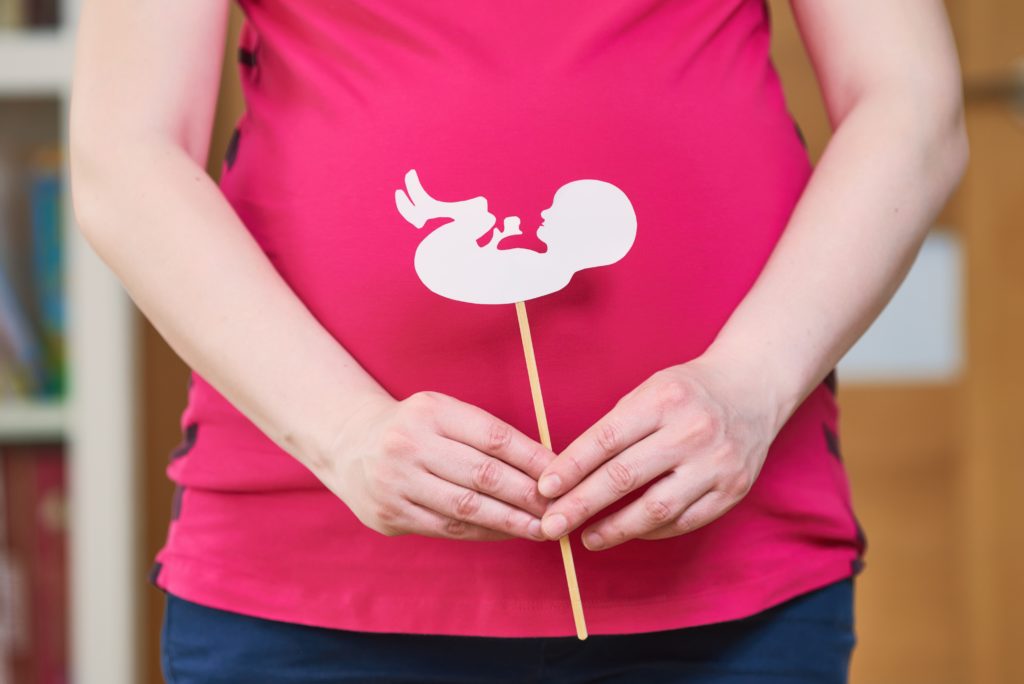Endometriosis is a condition that affects around 10% of women worldwide. Women don’t need to panic as it’s treatable and can be easily diagnosed. The main question about endometriosis is: Does it affects the fertility?
It remains controversial whether endometrial receptivity is compromised or not.
Firstly, what is endometriosis? It is an estrogen-dependent disorder that typically affects women in reproductive age, impacting their physical, mental and social well-being. Common speaking, it’s basically endometrial tissue that grows out of the uterus affecting other organs of the human body. The symptoms can vary from woman to woman and can range from non-existent to severe chronic pelvic pain, dysmenorrhea, cyclic urinary or bowel complaints.
Secondly, what`s Endometritis? Chronic endometritis is a persistent inflammation of the endometrial lining caused by the infection of the uterine cavity, mainly by bacterial pathogens.
Independent studies show that this condition affects up to 30% of infertile patients, and in cases of repeated implantation failure or recurrent pregnancy loss, this can rise to 66%*.
Endometriosis and Endometritis, among other endometrial problems that could affect fertility, can be silent, and so it is important for women to check up their endometrium. A 360 degrees analysis of the endometrium is vital to check the endometrium health, and EndomeTRIO from Igenomix, it’s a simple and straight forward test that includes ERA, EMMA and ALICE for a complete view of the endometrium, all with one single biopsy.

ERA (Endometrial Receptivity Analysis), for example, identifies a personalised window of implantation for all women, regardless if this woman suffers of endometriosis or endometritis or not. It analyses 248 genes and it determines if a specific patient requires longer or shorter duration of progesterone administration, with the finality of reaching a receptive status. ERA was used, as well, to determine if different stages of endometriosis were associated with higher rates of non-receptive results compared to women with endometriosis.
A review published in June 2017 (https://www.sciencedirect.com/science/article/pii/S0015028217304260) finds support for the concept that endometrial receptivity is not impaired in women with endometriosis when healthy embryos reach the endometrial cavity. In this review you can see some results of a study led by Carlos Simón, Igenomix Scientific Director, that suggests that endometriosis does not affect fertility in women, but apparently the oocytes produced by them. In the moment that patients undergoing oocyte donation for different causes, including endometriosis, IVF outcome (based on the same measures as in the previous study) did not differ among groups. On the other hand, patients receiving oocytes from women with endometriosis had implantation rates significantly lower. This finding suggests that women with endometriosis are not infertile, and apparently what affects the implantation success are the oocytes produced by women with endometriosis. These oocytes suffer alterations, resulting in embryos that are less likely to implant.
Other recent studies have been performed analysing data from the Society for Assisted Reproductive Technology. The results of these studies suggested that endometriosis diagnosis itself is associated with a lower number of oocytes, but with a live birth rate very similar to other diagnosis.
By having a lower number of oocytes retrieved could impact the live birth rate amongst patients with endometriosis, but not the live birth rate per cycle. When accompanied by other infertility factors, the success rate was notably compromised.
Sometimes recurrent implantation failure or miscarriages happen due the endometrium factor, and many women don’t even know the true cause. That’s why having complete check ups are essential to detect, not only endometriosis, but other problems in the endometrium that can make your life very difficult if you wish to conceive.



